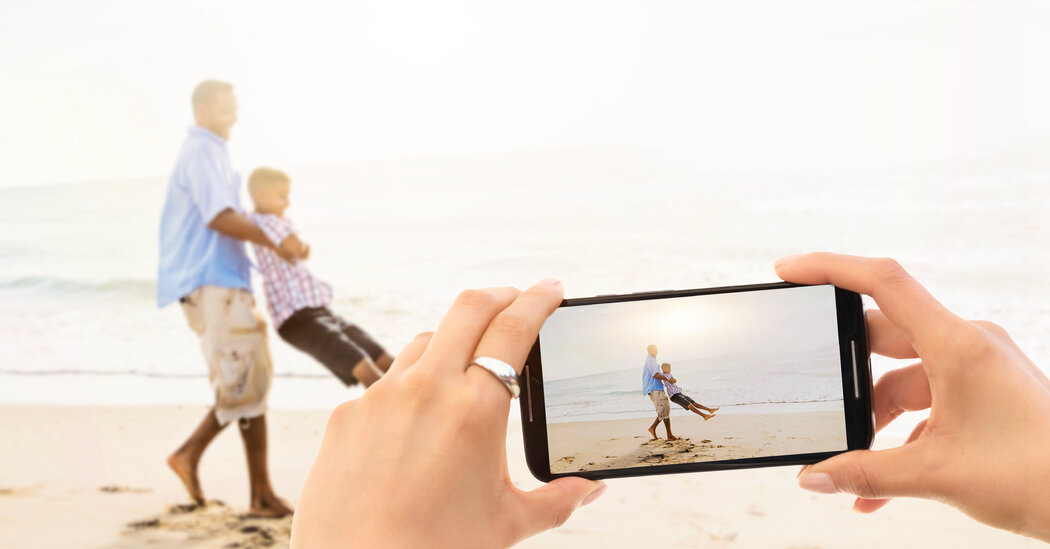Sharing online could also lead to image theft by pedophiles. Bath and beach pictures could be prime targets, but other images could be wrongly appropriated as well. A pedophile could potentially take any image of a child, use computer technology to morph it with a separate nude or sexual image of an adult, and share it as child pornography. While it is difficult to know with any confidence the frequency of such occurrences, the impact can be devastating, said Mary Anne Franks, a professor at the University of Miami School of Law and an adviser on online privacy to legislators and the technology industry.
Why Parents Share
I have seen firsthand the power that sharing on social media has on my life and on the lives of my children and community. I have advocated on behalf of issues that are important to my family, sharing our own experiences facing anti-Semitism in the hopes of changing school curriculum, for example. I’ve photographed families whose lives have been touched by childhood cancer who shared their children’s story alongside my pictures to help fund medical research and the costs associated with treatment, raise awareness of rare conditions, and create supportive communities that allow children to feel connected to others during long hospital stays.
In our current era of social distancing, social media has become a primary way to stay in touch. I have watched as friends shared stories of medical challenges, employment discrimination and racial injustice, and I have learned from the power of their narratives. While I am still working on remembering to put the phone down more frequently, I can also appreciate the appeal of having a community at my fingertips.
When we share openly, others similarly situated gain support and knowledge. As a result, we deeply connect with one another and recognize the rich diversity in society.
Social media might also offer tools to help us become better parents. A Pew Research study out last week reported that 82 percent of parents who use social media post about their children online. Many of these parents turn to the internet and social media to get advice about screen time, with “40 percent of parents who use the internet getting advice from parenting websites or blogs, 29 percent of parents who use social media turning to social media sites and 19 percent of internet-using parents getting information from online message boards.”
When I started this work, I expected to walk away from the research never wanting to share again. That did not happen — I’m still on Facebook. I found that despite its drawbacks, social media has added valuable connections to my life.
What has changed for me is that the conversations around sharing my story, and sharing my children’s stories, have become more nuanced. Getting to know the families I met through my photography project constantly reminded me of the power of vulnerability. Working as a child abuse prosecutor reminded me of the dangers lurking past a parent’s newsfeed. Being the parent of a growing teen reminded me that if I do not teach my children to exercise restraint online, they will have a harder time learning how to respect others’ privacy in digital spaces.
[ad_2]
Source link


